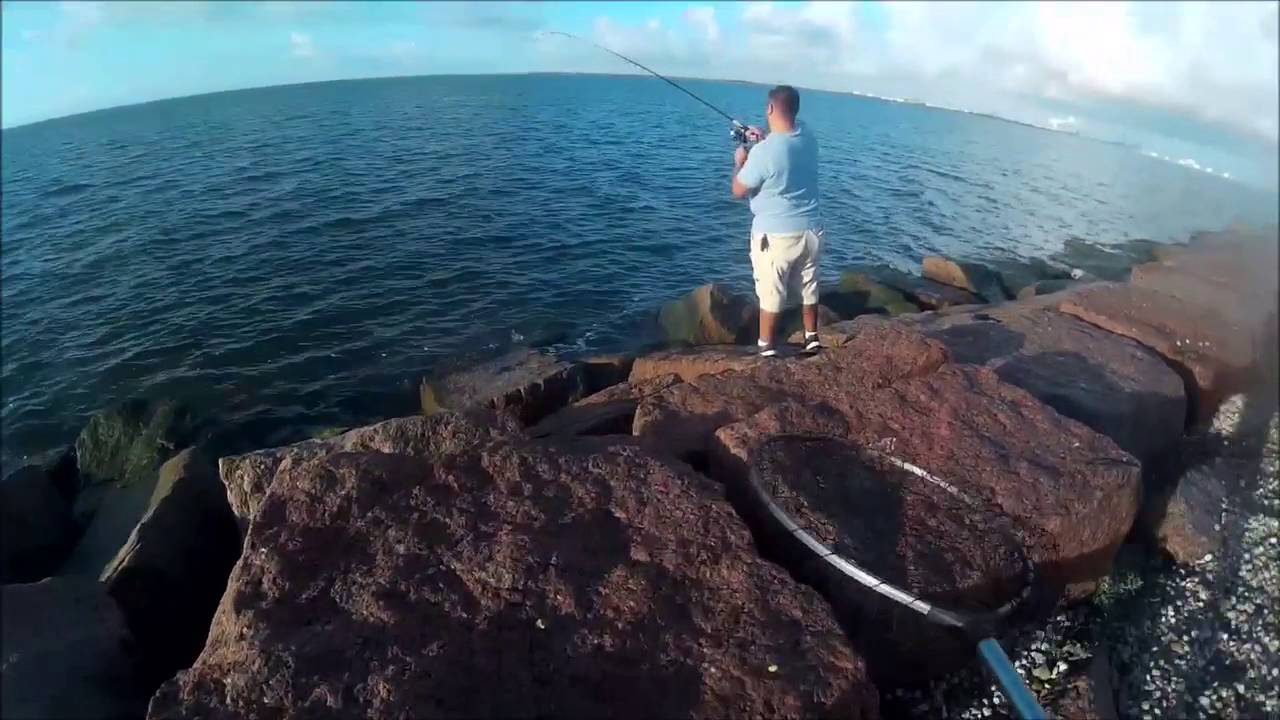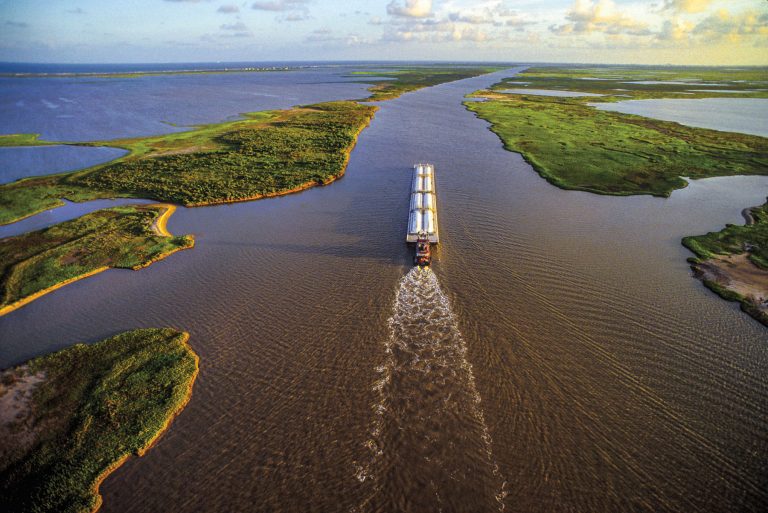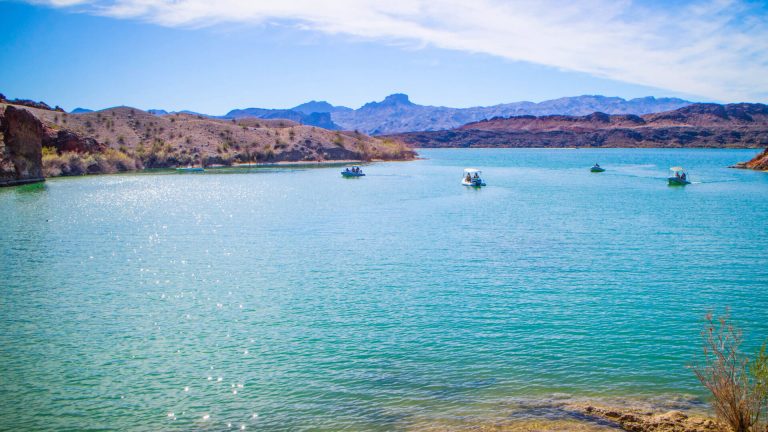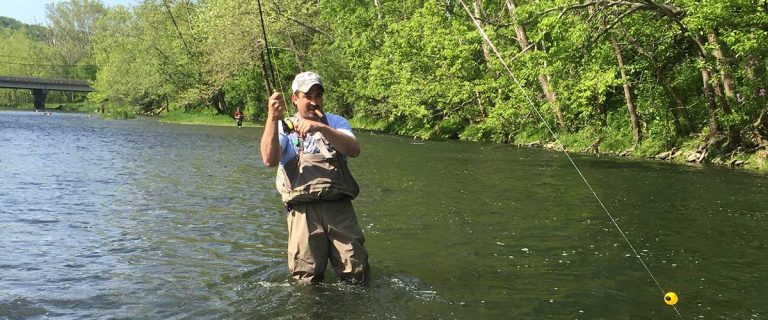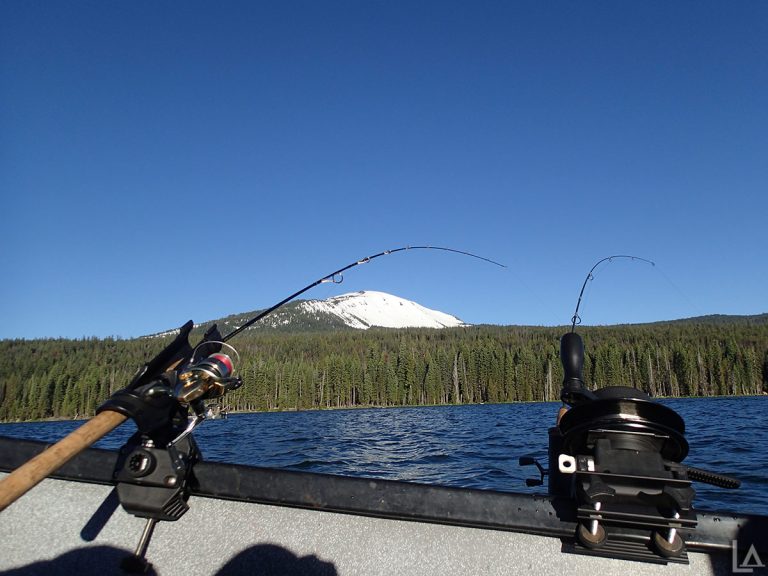Fishing provides a unique opportunity for adults to mentor youth in outdoor recreation, conservation ethics, and practical skills. However, navigating fishing license requirements for mentorship programs can be confusing as regulations vary significantly between states. This comprehensive guide clarifies the legal obligations for mentors, explains youth licensing options, and highlights how these programs benefit both young anglers and conservation efforts nationwide.
Mentor Licensing Requirements
Adults mentoring youth in fishing activities must understand their legal obligations to ensure compliance with state regulations.
Most states require adult mentors to possess valid fishing licenses when teaching children to fish, regardless of whether the mentor intends to fish themselves. This requirement typically applies to adults aged 16 and older (though some states set the threshold at 18 or 21), and mentors must also obtain any species-specific permits relevant to the fishing activity.
For example, in Pennsylvania, adults supervising youth during Mentored Youth Trout Days must possess:
- A valid Pennsylvania fishing license
- A trout permit
- Valid identification
The adult mentor bears legal responsibility for ensuring compliance with:
- Daily catch limits
- Size restrictions
- Season regulations
- Safety protocols
Legal Responsibilities of Mentors
When teaching kids to fish, mentors take on significant legal and ethical responsibilities:
- Supervision requirements: In states like Utah, mentors must maintain close supervision (typically defined as staying within visual or verbal contact)
- Catch attribution: In most mentorship programs, any fish caught by the youth counts toward the mentor’s daily limit
- Documentation: Mentors should carry both their license and any documentation of the youth’s participation in mentorship programs
As noted by the Pennsylvania Fish and Boat Commission, mentors cannot harvest trout themselves during special mentored youth fishing days, highlighting the focus on education rather than harvest.
Youth Licensing Options
States have developed various approaches to licensing young anglers, with important distinctions between free and paid options.
Free vs. Paid Youth Permits
Most states offer two distinct pathways for youth participation in fishing:
- Free mentored youth permits:
- Available in states like Pennsylvania and Michigan
- Allow participation in mentored events
- Do not generate conservation funding
- Often available to non-residents
- Voluntary paid youth licenses:
- Typically cost around $2.97 in states like Pennsylvania and Michigan
- Trigger approximately $5 in federal reimbursements per license through the Sport Fish Restoration Program
- Generate substantial funding for youth education and habitat programs
This table outlines key youth licensing options across several states:
| State | Free Option | Paid Option | Age Exemption | Federal Funding Benefit |
|---|---|---|---|---|
| Pennsylvania | Mentored Youth Permit | Voluntary Youth License ($2.97) | Under 16 | $5 per voluntary license |
| Michigan | – | Voluntary Youth License ($2) | Under 17 | $5 per voluntary license |
| Texas | Youth license exemption | – | Under 17 | – |
| Oregon | – | Youth License ($10 resident/$34 non-resident) | Under 12 | Yes |
| Utah | Free fishing days | Combination license ($29) | Under 12 | Yes |
The Funding Mechanics of Youth Licenses
The voluntary youth licensing model represents a 168% return on investment for conservation funding. When a youth purchases a $2.97 license in Pennsylvania, it triggers approximately $5 in federal Sport Fish Restoration Program funds—money that directly supports:
- Youth education programs
- Habitat improvement projects
- Fisheries management
- Access improvements
According to data from the Michigan Department of Natural Resources, voluntary youth licenses have generated hundreds of thousands of dollars in additional conservation funding, making them a crucial tool for long-term program sustainability. You can learn more about specific state funding programs at US Fishing Licenses.
Benefits of Structured Mentorship Programs
Youth fishing mentorship programs deliver measurable benefits for participants and conservation efforts alike.
Impact on Youth Development
Research shows that structured mentorship significantly improves youth engagement with fishing:
- 62% of mentored youth self-identify as anglers after program participation compared to 37% of non-mentored peers
- Youth demonstrate 30-40% increases in fishing skill confidence following structured programs
- Participants show greater knowledge of conservation principles and regulations
Recruitment, Retention, and Reactivation (R3)
State agencies across the country have embraced youth mentorship as a cornerstone of R3 initiatives designed to address declining participation in fishing. Successful R3 programs typically include:
- Simplified licensing for youth and first-time anglers
- Tackle loaner programs to reduce entry barriers
- Community partnerships with schools and youth organizations
- Mentored fishing days with special regulations
The Texas Parks and Wildlife Department has reported that their mentored youth fishing programs have helped slow and even reverse declining fishing participation rates among youth in targeted communities.
State-Specific Mentorship Programs
Several states have developed innovative approaches to youth fishing mentorship.
Pennsylvania’s Mentored Youth Program
Pennsylvania offers one of the most comprehensive youth mentorship frameworks:
- Mentored Youth Trout Days: Special pre-season fishing opportunities where only mentors and registered youth can participate
- Voluntary Youth License: Costs $2.97 and generates additional federal funding
- Free Mentored Youth Permit: Alternative option for those unable to purchase a license
Pennsylvania’s program has become a model for other states, with detailed information available at the Pennsylvania Fish and Boat Commission website.
Oregon’s Integrated Approach
Oregon has integrated fishing and hunting education through:
- Youth angler education program: Classroom and field-based instruction
- Family fishing events: Community-focused introductory opportunities
- STEP program: Salmon and Trout Enhancement Program involving youth in habitat restoration
You can learn more about Oregon’s fishing license requirements at US Fishing Licenses.
Best Practices for Youth Fishing Mentors
Successful youth mentorship extends beyond legal compliance to creating meaningful learning experiences.
Safety Considerations
Safety should always be the primary concern when mentoring youth:
- PFD usage: Ensure proper-fitting personal flotation devices are worn near water
- Hook safety: Teach proper casting techniques and hook handling
- Weather awareness: Check conditions before outings and prepare accordingly
- First aid: Carry basic supplies and know emergency procedures
Conservation Ethics
Effective mentors integrate conservation education throughout the experience:
- Catch-and-release techniques: Proper handling to minimize stress on fish
- Habitat awareness: Understanding the importance of clean water and healthy habitats
- Regulations: Teaching the why behind size and catch limits
- Stewardship: Encouraging cleanup and habitat improvement activities
Creating Positive Experiences
The most successful mentors focus on creating enjoyable experiences rather than fishing success:
- Set realistic expectations: Make the outing age-appropriate in duration and challenge
- Celebrate small victories: First casts, species identification, and outdoor observations
- Tell stories: Share fishing traditions and personal experiences
- Follow the child’s lead: Allow them to direct their learning and engagement
Resources for Mentors
Numerous resources exist to support adults interested in mentoring youth in fishing.
State Agency Resources
Most state fish and wildlife agencies offer dedicated resources for mentors:
- Educational materials: Species identification, regulations, and techniques
- Program calendars: Scheduled mentored fishing events
- Instructor certification: Training programs for volunteer mentors
- Equipment loans: Tackle loaner programs for organized events
The Michigan Department of Natural Resources offers extensive mentor support materials, including curriculum guides and event planning resources.
National Organizations
Several national organizations support youth fishing mentorship:
- Trout Unlimited: Trout in the Classroom and other education programs
- Fishing’s Future: Family Fish Camp and angler education
- Take Me Fishing: Comprehensive resources for new anglers and mentors
Conclusion
Navigating fishing license requirements for youth mentorship requires understanding both state-specific regulations and the broader benefits these programs provide. By obtaining the appropriate licenses, mentors not only ensure legal compliance but also contribute to conservation funding that sustains fisheries for future generations.
Whether through formal state-sponsored programs or informal outings, mentoring youth in fishing creates opportunities for meaningful outdoor connections, conservation awareness, and the passing of traditions. The regulatory framework supporting these activities, while sometimes complex, ultimately serves to protect the resources that make fishing possible.
For state-specific license requirements, visit US Fishing Licenses to access comprehensive information on regulations across the country.



